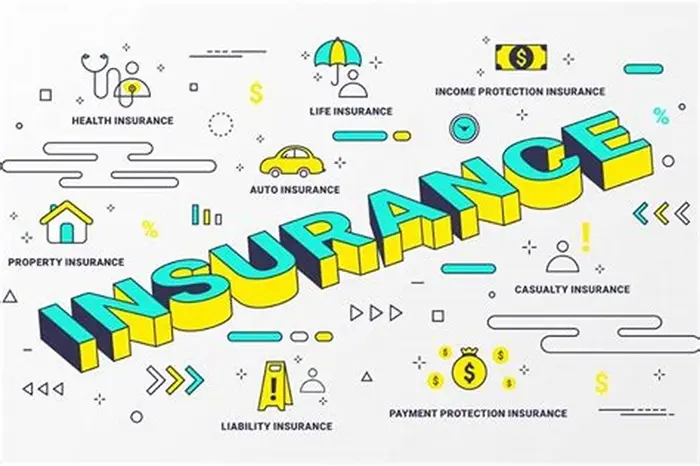To achieve high-quality development in auto finance loan business, banking institutions need to innovate products, cover more scenarios, and deepen the synergy between industry and finance. By combining government subsidies, car dealer discounts, and bank concessions, a win-win model can be formed to deeply bind with car manufacturers. Banks also need digital empowerment, using intelligent risk control systems to optimize the approval process and enhance the customer experience. Experts believe that strengthening technological empowerment will be a crucial direction for banks to develop auto finance loans.
Entering June, many banks in various regions have shifted their auto finance loans to “low-interest and low-rebate” or “low-interest and zero-rebate” models. Some banks have reduced the loan rebate ratio from 15% to 5%, while simultaneously lowering the annual rate to 3%.
In response to non-compliant sales practices in the automotive consumer finance sector, such as “high rebates” and inducing consumers to use high-commission financial products, the banking associations of Sichuan Province and cities like Kaifeng and Xinyang in Henan Province have successively issued self-discipline conventions on automotive consumer finance business.
The “Self-discipline Convention on Credit Card Auto Installment Payment Business and Auto Consumption Loan Business of Sichuan Banking Industry” issued by the Sichuan Banking Association states that local banking financial institutions should optimize the cooperation model with auto dealers, lower the actual interest rate to customers, and reasonably determine the commission ratio. It strictly prohibits seizing market share through unfair competition means such as “high rebates” and emphasizes enhancing market competitiveness by improving service quality.
The Banking Association of Kaifeng City, during the signing ceremony of the “Self-discipline Convention for Auto Consumption Finance Business in Kaifeng City,” emphasized achieving “three prohibitions”: prohibiting auto dealers from promoting high-commission auto finance products to customers, prohibiting dealers from inducing consumers to repay loans in advance, and prohibiting dealers from distorting consumers’ true loan intentions.
The industry predicts that the era of “high interest and high return” in auto finance loans is coming to an end. “High interest and high rebates” refers to banks attracting car dealers to cooperate by offering high commissions, which dealers then use to subsidize car prices and increase sales. This model may change as financial regulatory authorities in many places have introduced measures prohibiting improper competition where “loan interest rates are linked to rebates from dealers.”
For example, the Chongqing Regulatory Bureau of the Financial Regulatory Commission issued the “Notice on Further Regulating Auto Finance Business to Promote the Stable and Healthy Development of the Auto Consumption Market” in January this year, stipulating that financial institutions must not seize market share through unfair competition means such as “high commissions” and should enhance competitiveness by improving service quality.
Similarly, in November last year, Shanghai issued the “Initiative for Promoting the Continuous and Healthy Development of Auto Finance Business in the City,” proposing strict control over the pricing of auto finance products. The interest rate to customers should comply with laws and regulations, not be linked to the commission ratio of auto dealers, and operating costs should not be passed on to consumers.
Currently, as the state encourages car consumption and banks increase their layout in auto loan-related businesses, competition is intensifying with the entry of auto finance companies, financial leasing companies, and internet platforms. To break through the “automotive ecosystem,” banks need to step out of their traditional role as “auto loan lenders,” integrate into the industrial and consumption chains, and transform into “scene operators,” according to Du Yang, a researcher at the Bank of China Research Institute.
From the 2024 performance reports of listed banks, it is evident that the scale of auto loans or credit card auto installment business of some banks has achieved significant growth. For high-quality development, banks need to innovate products, cover more scenarios, and deepen industry-finance synergy. Tian Lihui, the director of the Institute of Financial Development at Nankai University, emphasized the need for digital empowerment, using intelligent risk control systems to optimize the approval process and enhance the customer experience. Banks should also focus on penetrating management and compliant operation, strictly reviewing loan purposes and partner qualifications to prevent risks from spilling over.
Many experts believe that strengthening technological empowerment will be a crucial direction for banks to develop auto finance loans. Banking institutions can build a digital operation platform for auto loans, accurately assess customer credit through big data and AI risk control models, and explore more attractive diversified financial service scenarios. Under the rising trend of new energy vehicles, it is also necessary to lay out green financial products in advance, such as interest subsidies for new energy vehicle loans and carbon credit loans, to lead product innovation with policy guidance. Additionally, at the consumer protection level, banks should enhance product transparency, provide repayment reminders and consumer education services, improve customers’ financial literacy, and fundamentally reduce the probability of overdue payments and disputes.
Related Topics:



































